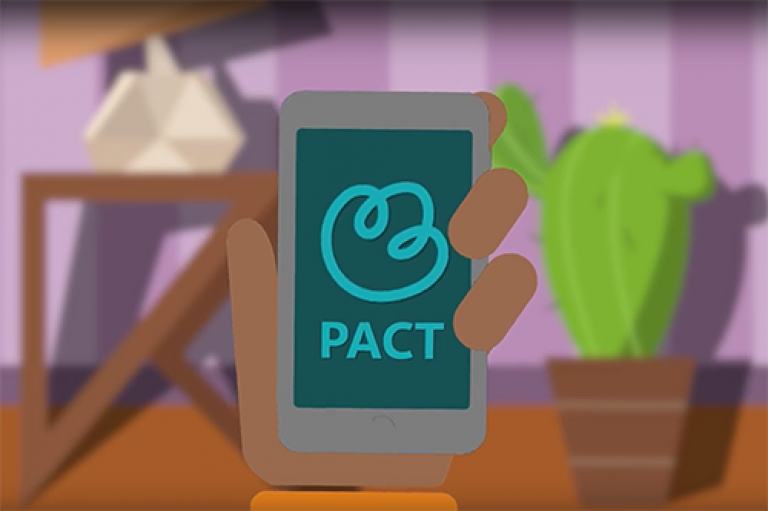In summary
All children are classed as ‘vulnerable witnesses’ in the UK. This includes children with autism, who are likely to encounter the criminal justice system because they are at increased risk of violence, abuse and victimisation.
There is very little research about how well autistic children perform as witnesses, despite the chances of them becoming a witness or a victim being comparatively high. Evidence from autistic children could be dismissed as being unreliable, even if this isn’t the case.
Vulnerable witnesses are entitled to have a registered intermediary (RI) in their interactions with the justice system. This role was only introduced in the UK in 2004, so it’s very much a growing profession.
Professor Henry and her team set out to explore how reliable children are as witnesses and how an RI helps them.
Did you know?
What did we explore and how?
There were two main elements to the research. The first explored how reliable autistic children are as witnesses. The study found that, while autistic children may not remember quite as much as typical children, what they do remember is just as accurate and therefore valuable.
The second element explored whether RIs could help children with and without autism give better evidence.
Around 260 children aged 6 to 11 were involved in the study. Some had an autism diagnosis while others were defined as typically developing children. The children were divided into groups and watched an assembly talk given by two actors. During this talk, one of the actors stole either a phone or a set of keys from the other actor.
After witnessing this mock crime, the children were interviewed under police interview conditions by specially trained researchers. Some children were given an RI to assist them. The children were cross examined by an experienced barrister around 11 months after witnessing the mock crime.
The charitable organisation for intermediaries – Intermediaries for Justice – supported the research and two of its members were directly involved.
Benefits and influence of this research
One of the most striking findings was that typical children remembered considerably more when they had the assistance of an RI than when they didn’t.
While autistic children didn’t remember any more details from an incident with the assistance of an RI, it is likely that they had a positive impact on the children in other ways.
An RI advocates for an autistic child to limit their stress during interviews and giving evidence. RIs also conduct assessments to find the most appropriate way of a child presenting their evidence.
A further important finding was that the children who received RI assistance were more resilient in the face of cross examination by a barrister.
The research has also had an impact within policing. Professor Henry and her team have run awareness sessions about RIs and autism for members of the Metropolitan Police, as well as other UK police services.
There has been overwhelmingly positive feedback on these events, with officers stating that they were very likely to apply their new knowledge in their roles. Attendees also said they would be more confident interviewing people with autism.
Professor Henry plans to conduct further research to find out whether police officers who have attended one of these events are using RIs more frequently with vulnerable child witnesses.
There have been benefits for the intermediary profession as well. Professor Henry and City have jointly organised two of Intermediaries for Justice’s annual conferences. The University is also working with the organisation to run CPD courses for intermediaries.
Professor Henry’s research has also been used to support changes to national guidance. Dr Kevin Smith, National Vulnerable Witness Advisor from the National Crime Agency has used the findings to inform national advice for the next edition of Achieving Best Evidence in Criminal Proceedings: Guidance on Interviewing Victims and Witnesses, and Guidance on using Special Measures.
This updated guidance is due to be published in 2020. It will be used by everyone in the criminal justice system who interviews a vulnerable witness.


